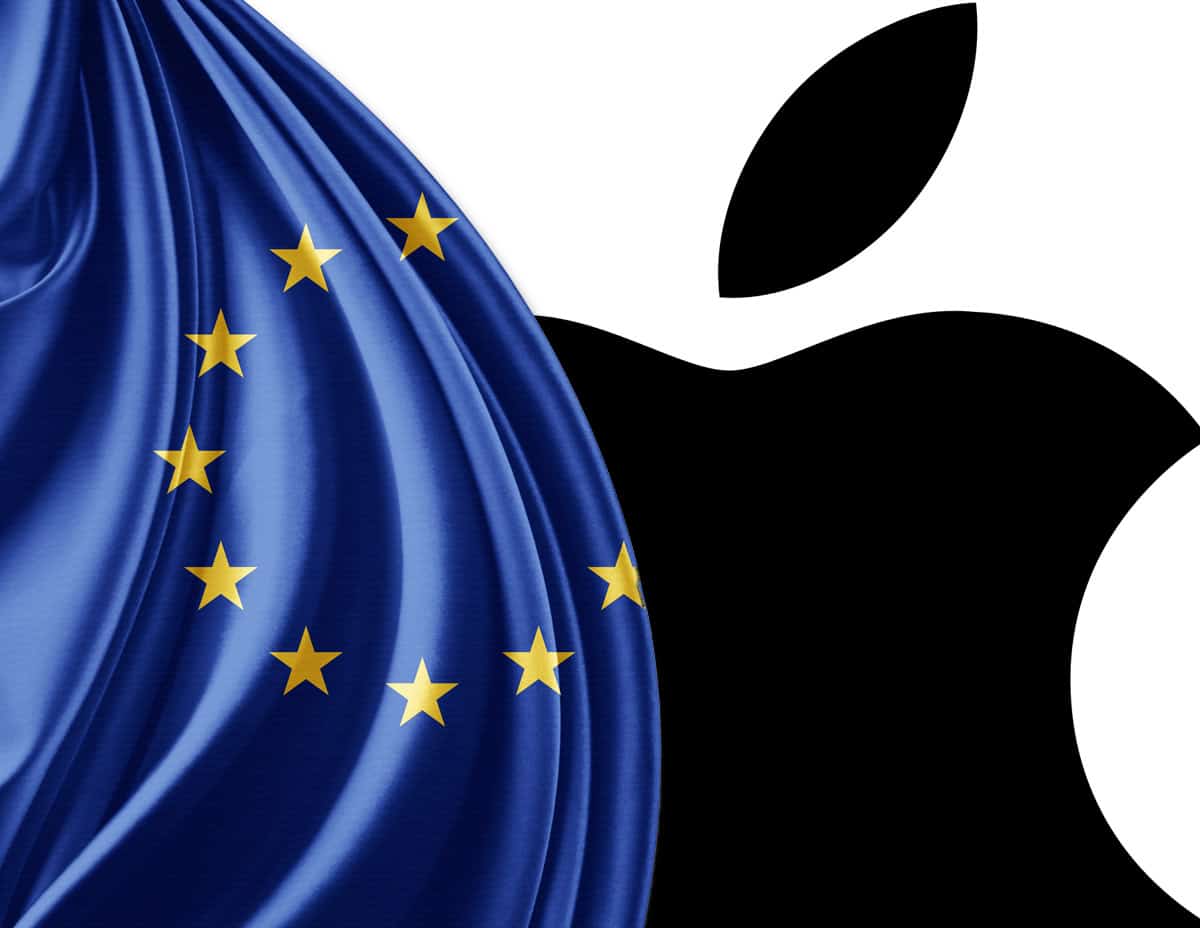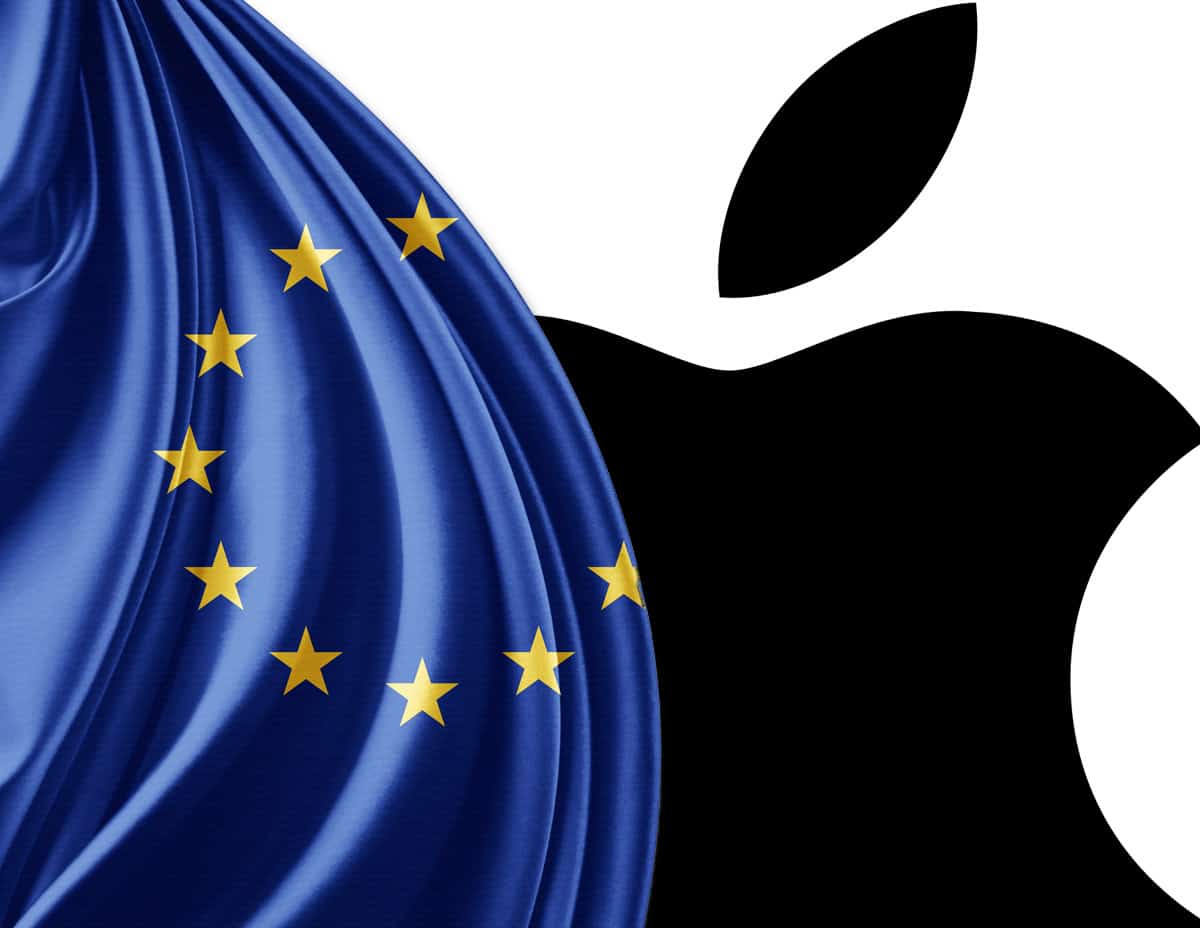Apple has an interesting—and powerful—ally in an ongoing feud with the European Commission (EC). The U.S. Treasury Department published a white paper Wednesday that condemed EC investigations into Apple and other U.S. companies’ tax practices.

Here’s what you need to know about the situation:
- Apple and other multinationals use “transfer pricing,” business structure that shift profits from one taxing jurisdiction to another.
- At its simplest form, the home country “licenses” out the right to sell its products overseas to a subsidiary in a low-tax district we’ll call Country A.
- That subsidiary then licenses out those same rights to sibsidiaries in other districts (Country B), but at rates that leave little or no profit for the subsidiary in Country B.
- Consumers don’t know or care about these practices, but it allows all of the profits to be registered in Country A, where the tax rates are as low as the company could find.
- This is entirely legal. It is a product of international agreements, clever lawyers, and companies with deep enough pockets to pay those lawyers to find these methods.
- Country A thinks these arrangements are the bee’s knees. Country B (i.e. all the other governments) hate it.
- This situation is made more complex by U.S. tax laws, which don’t tax profits made outside the U.S. until those profits are brought home. This results in lots of money pile it up, which is one reason Country A loves this whole thing.
- Apple has said it follows the law, and told the U.S. Senate to change the law if it was unhappy with how Apple did business.
- The European Commission is investigating the policies of Apple, Starbucks, and other U.S. companies.
- The EC is far more aggressive in going after corporations on a variety of fronts, including tax practices.
- The EC has accused Ireland of giving Apple and other companies sweetheart deals in violation of European Union regulations.
- A ruling against Ireland, Apple, and the other countries and companies involved could result in billions of dollars of taxes/fines/fees/levies or other words that mean local governments get money.
- According to The Financial Times of London, JP Morgan estimated the potential bill at US$19 billion for Apple alone.
- The Treasury Department’s white paper accuses the EC of abusing its authority, and called these investigations a power grab that violates international agreements.
- The Treasury also hinted at unspecified retaliatory actions if the EC didn’t stop.
- This is how trade wars start.
Another Day
Having the Treasury Department in your corner helps, but it by no means the EC will back down. The U.S. is motivated by several factors. The first is that it’s defending U.S. companies, and helping U.S. companies is part of its mandate.
The second is that it doesn’t want the EC’s actions to undermine decades of international law and other international agreements. The third reason is related: the U.S. doesn’t want other countries to get any big ideas.
And the fourth reason is about dollars and cents: the U.S. would rather that money eventually come to the U.S. What the EC collects in taxes, the U.S. can’t tax when/if the U.S. offers a tax holiday or other measures aimed at getting companies to bring money home.
Apple CEO Tim Cook said in a recent interview that he would appeal any adverse decision against Apple.

https://www.theguardian.com/business/2016/aug/29/brussels-ruling-could-hit-apple-with-billions-of-euros-in-back-taxes
More on this from The Guardian
As I understand it from the right hand side of the Atlantic, this is really about the EU investigating whether or not certain member States of the EU have offered special tax deals to attract companies. Notably. The Netherlands and Starbucks; Luxembourg and Fiat; Ireland and Apple.
So far The Netherlands and Luxembourg have been found to be in breach of EU state-aid rules. A decision on Ireland is expected next month. Apple hasn’t been accused of anything. A decision on Luxembourg and Google is pending.
EU state-aid rules mean EU states cannot offer corporate tax rates to selected companies that are not available to all companies be they large, small, foreign or domestic. The normal corporate tax rate in Ireland is 12.5%. Stories have often circulated here about Apple paying as little as 2%.. As always, the real truth seems well hidden which maybe why the EU investigators seem to take forever to reach a conclusion.
@webjprgm If a person, such as Bryan Chaffin, were to enter into an agreement with the United States that was then passed into law by Congress and signed by the president, there would be a publication of the law, and everyone would point to it and Bryan wouldn’t be demanding a tax holiday to allow him to bring money held in foreign banks into the US without having to pay taxes on that money.
Course, there is no agreement, and these corporations are using a loop hole to evade taxes.
If a person, say Bryan as @daemon suggests, makes a legal agreement with the US government about paying less taxes, and that agreement is passed by Congress and signed into law by the President, then the Feds won’t be arresting Bryan. This is more like what companies like Apple do. They don’t make under the table deals or lie on their tax returns. (At least not that we know of and that’s not what we’re talking about in this case.)
I think it is totally fair for the EU to say they don’t like how things are and change them. I do not think it is fair for them to call Apple or Ireland criminal and charge any fines for the past. They should only be able to change the laws affecting the future. If they want to make Ireland angry at them then that’s their choice. Ireland might have their own Brexit. (I assume we are talking about the Ireland that is a separate country, not Northern Ireland which is part of Britain, therefore the Ireland that is a member of the EU independent of Britain leaving the EU.)
The thing I’m pissed about is that if Bryan Chaffin were to do everything Apple does, he would be tried and convicted of tax evasion, yet somehow even though corporations are people, they aren’t subject to the same laws as Bryan Chaffin.
I want Apple to be put in low security ClubFed prison. Maybe finally learn how to play doubles tennis with Madoff….
A couple of facts that some people seem to be forgetting in their rush to judge Apple as doing something wrong (which they are very clearly NOT doing!).
First, Apple has subsidiaries in various countries around the world. Those subsidiaries reside in foreign countries, and do business in those foreign countries. So revenues and taxes apply to the laws of those foreign countries, NOT to the USA!!!
An example is if you became a citizen and resident of a foreign country. If you worked in that foreign country and earned your living there, you would be responsible for paying taxes in that foreign country. You would NOT be responsible for paying taxes to the USA on those foreign earnings either in addition to, or instead of, the taxes you pay to the foreign country in which you reside and work.
The second fact is that any tax agreements that Apple’s subsidiary in that foreign country has made with the government of that foreign country, is a legal and binding agreement. All governments have such legal agreements with companies, and may offer lower taxes in exchange for the company meeting certain other demands that benefit the government and citizens of that country. For example a deal may be brokered that reduces a company’s taxes a certain amount for a certain time period, as long as that company provides a certain number of man-years employment to a region of that country.
Apple’s subsidiaries and the countries in which they operate have specific legal agreements that are clear and indisputable.
The fact that the EU is making a fuss and would like to contend those agreements, is nothing more than show, and an attempt to get the public to buy into the EU’s greed (which they are under pressure for, due to the bad economy in some European jurisdictions).
In the long run, if any of those legal agreements do get overturned by the EU court system, then they are only damaging relations with the countries that have made specific agreements with companies. If an agreement is nullified, then the company would “walk”, taking their jobs with them, and harming the economy of that country.
Sorry everyone, but I don’t have any sympathy here either. If our government wants that money here in the U.S., then companies should be paying their taxes here in the U.S. The fact that I like Apple’s products does not let them off the hook, I think that the EU is at least in part justified on this one. Also, an intellectual property argument is weak sauce, in my opinion, that isn’t the issue at the heart of this.
Hmmm, the link did not show up in my post
http://crooksandliars.com/2016/08/ceo-giant-corporation-tells-us-government
Check out this click-bait headline:
There is a big difference between Apple and companies such as Google, Amazon or Starbucks. But first we have to expand upon Brian’s description by including country U, the “home” country. The EU is certainly looking at the activity between A and B, whereas most U.S. attention looks at what happens between U and (A+B) taken as a group.
So when Google sells advertising in London but books the sale in Ireland or Luxembourg, the British (and EU) government has a right to complain. I think that Apple does some of this with music sales via iTunes (although I’m not certain).
But that’s not the main issue. That is about the ownership rights of the intellectual property that is development expertise for iPhone/iPad, Macs and Mac OS and iOS. Even (U.S.) Senators who should know better don’t get this right. They think that because the development is done in Cupertino, it’s owned in the U.S. and that value is transferred out of the U.S. for the purpose of tax avoidance. And that is just incorrect – plain wrong.
This intellectual property is owned jointly by Apple in the U.S. and Apple international. That’s because these two have shared the costs and expenses for it. This isn’t a new thing done for tax avoidance but started over thirty years ago, in the early eighties.
Since I live in country B, I object very strongly to this. Apple isn’t the only offender (and I use the word carefully and with consideration), but it’s certainly one of the biggest.